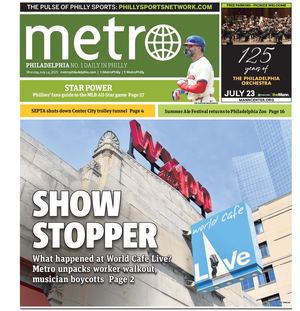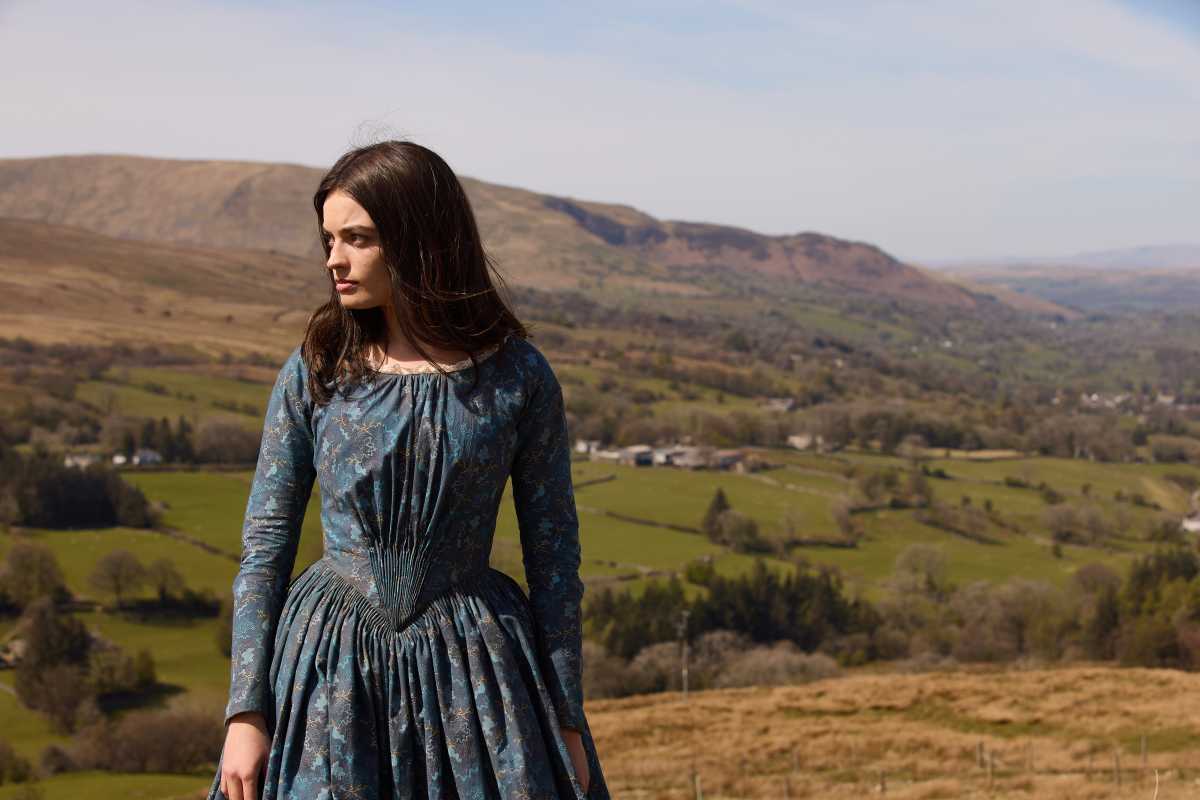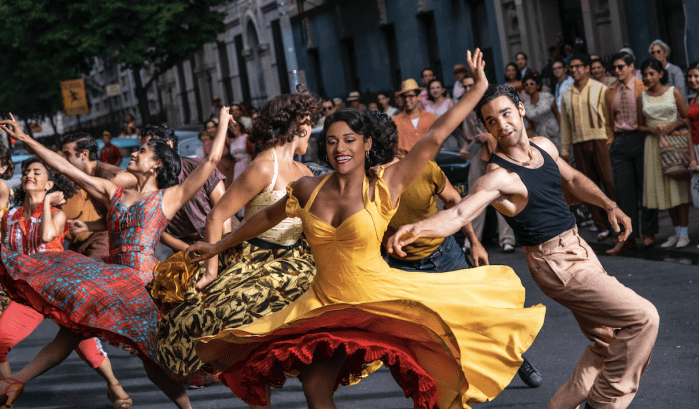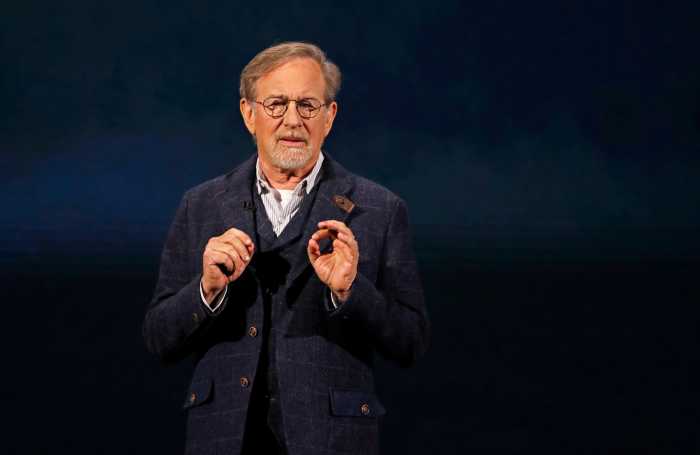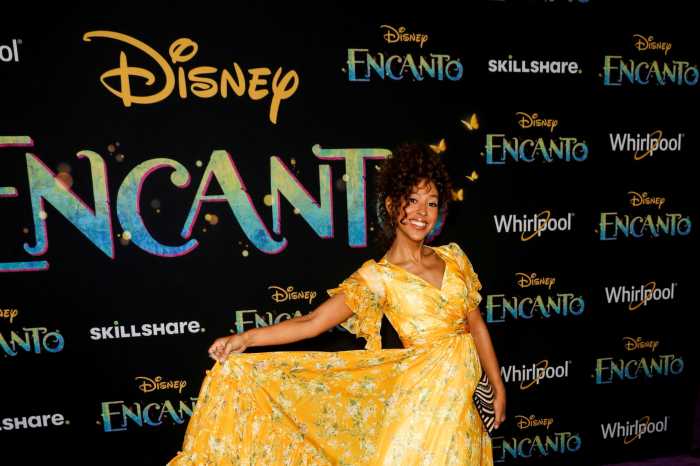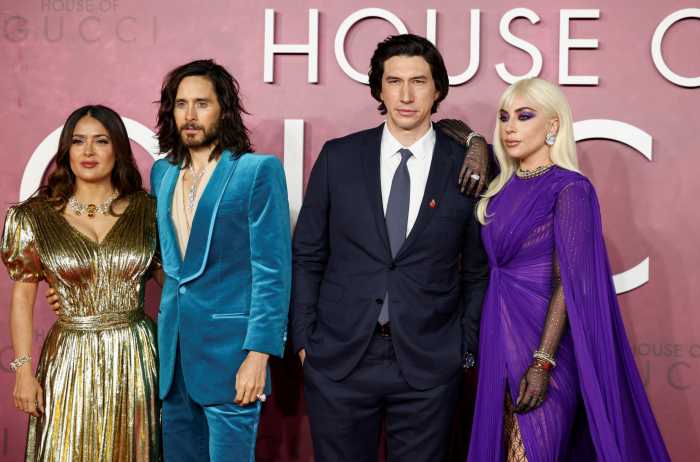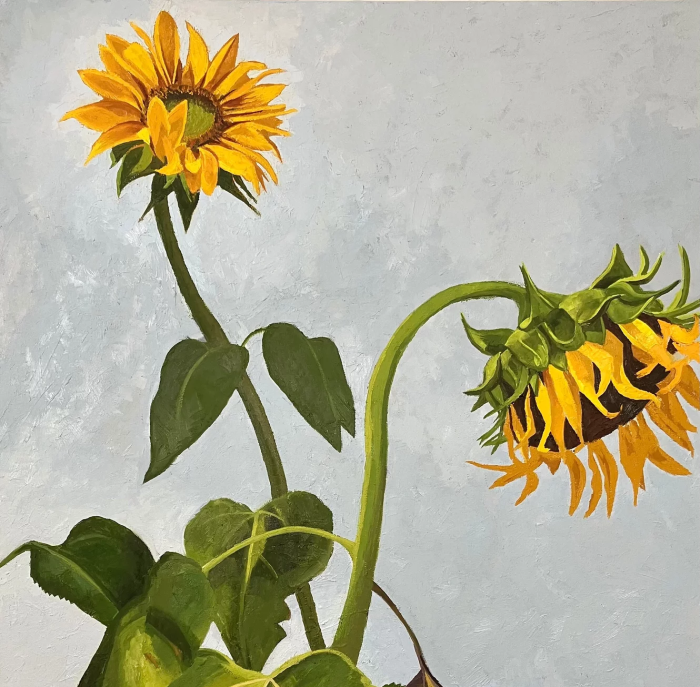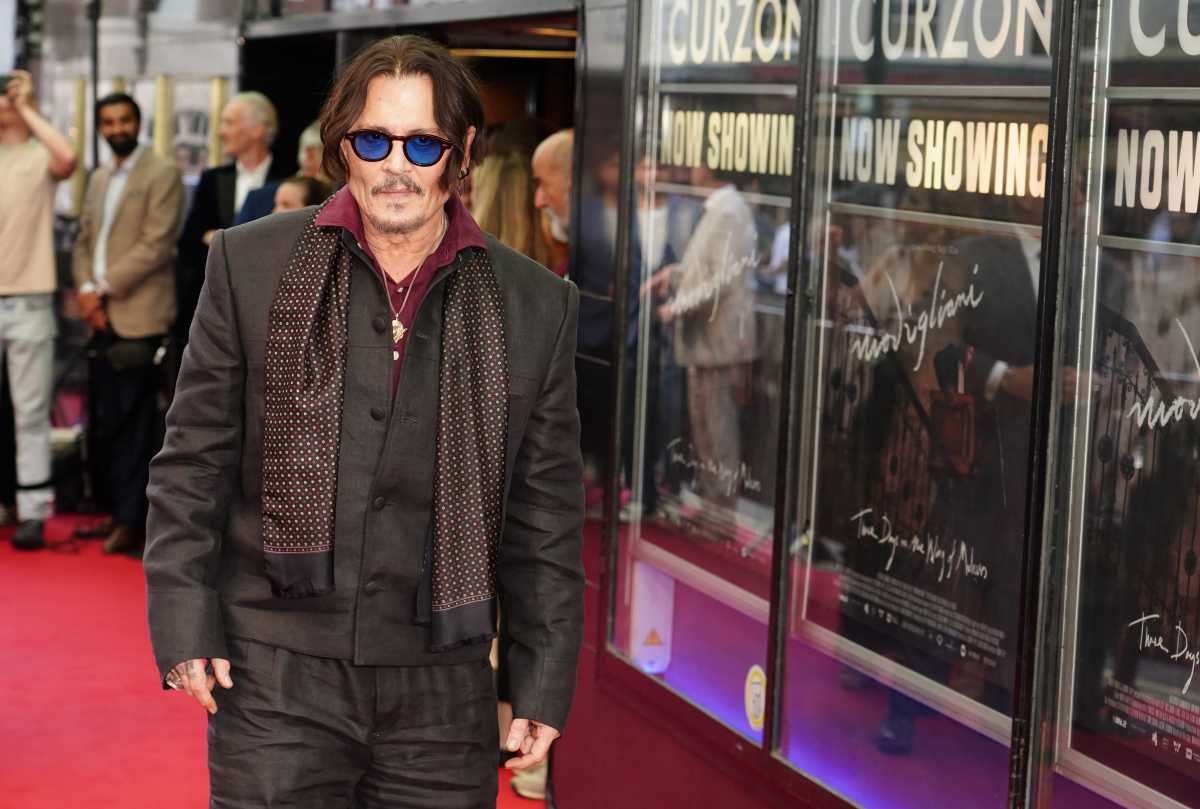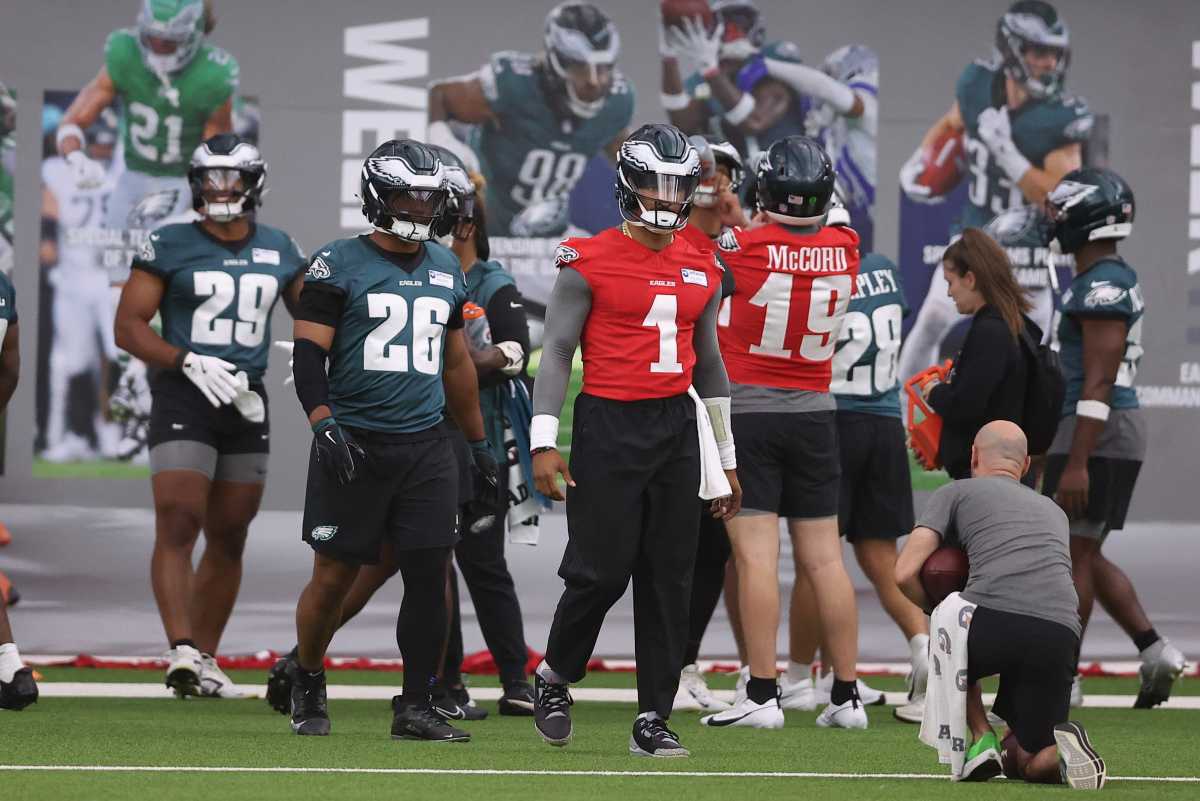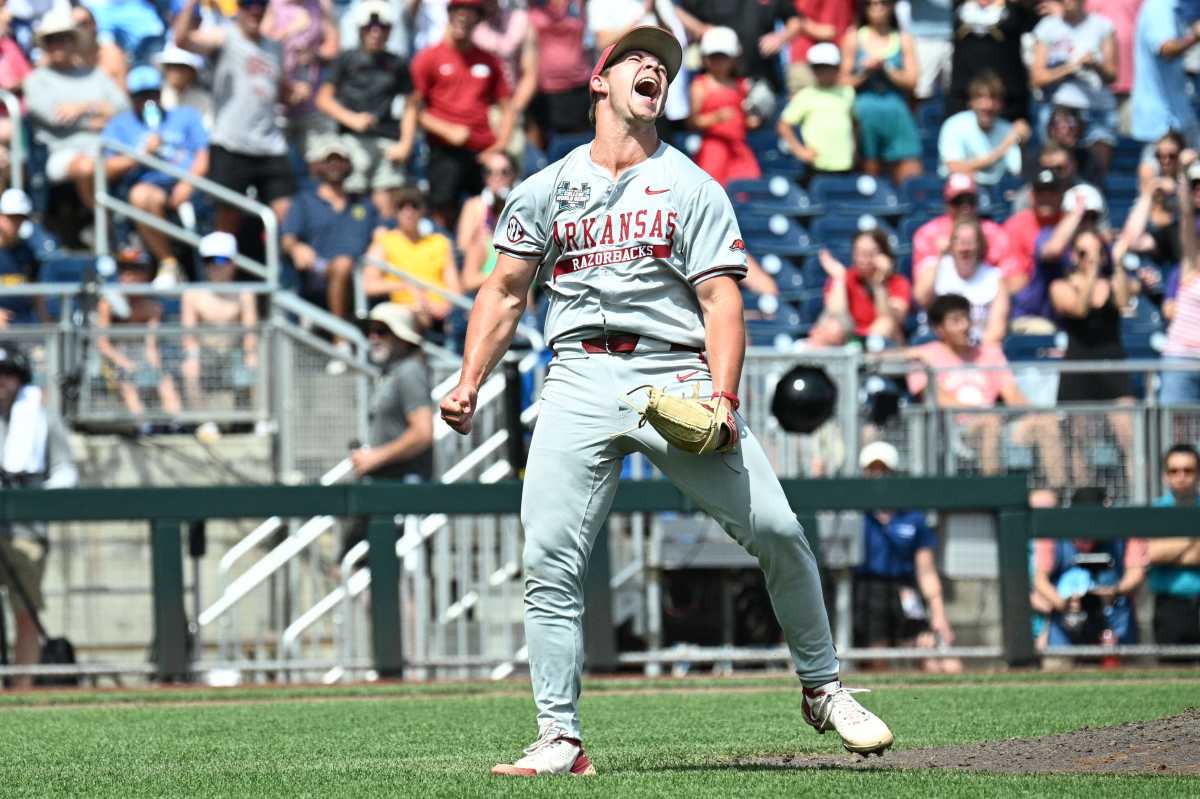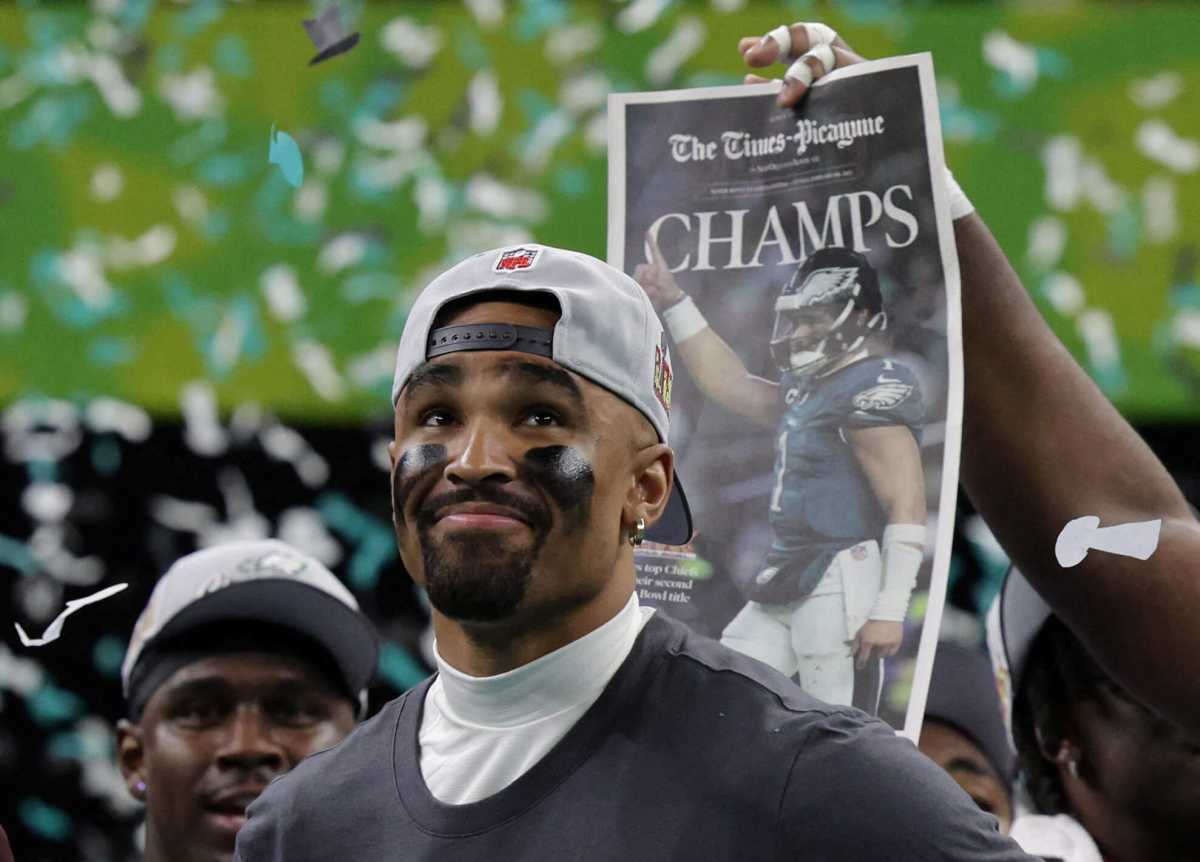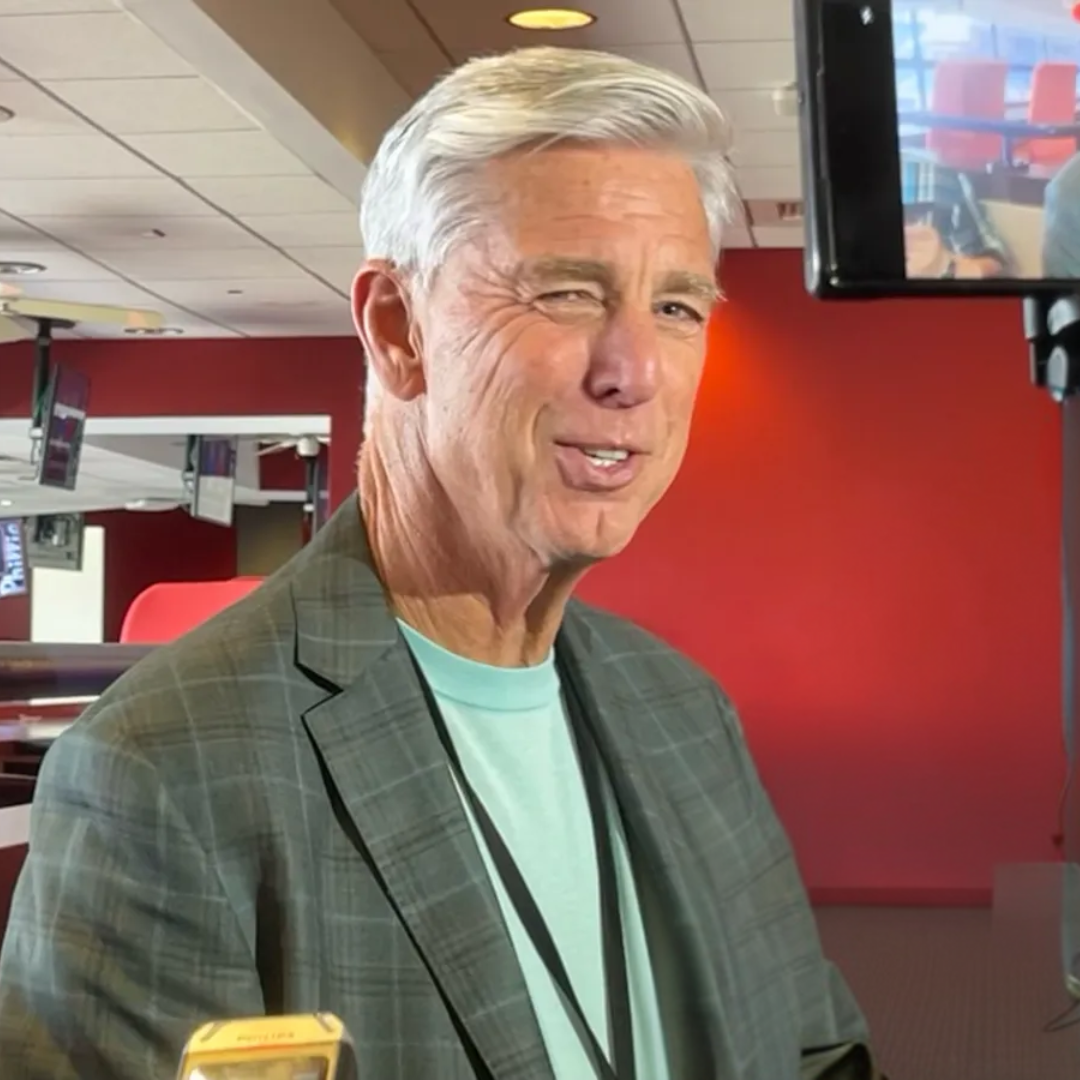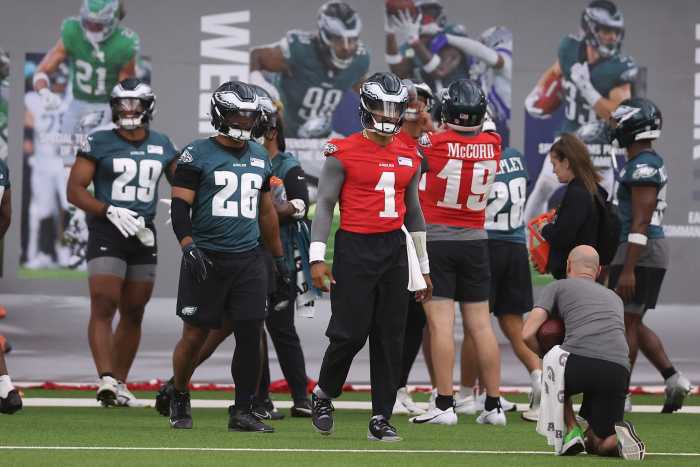The Brontë sisters have been examined in pop culture ever since the publication of their work, though it took some time for critics and readers to realize the poignancy of it.
“Emily,” the latest film from actor, writer and now director Frances O’Connor is the newest dive into that realm, and this feature is extremely personal for O’Connor.
To dive a little deeper into the story, which follows Emily Brontë (played by Emma Mackey) through its director’s eyes, Frances O’Connor sat down to discuss the timelessness of this work and what she hopes people now see about the “Wuthering Heights” author through “Emily.”
What is it about Emily Brontë that motivated you to want to write/direct this film?
When I was 15, I read “Wuthering Heights” on a school bus. I remember getting off and just really feeling like I’d been somewhere — this kind of supernatural atmosphere… This beautiful, gothic landscape and these characters in the middle of that were rebellious, and yet they were so themselves. It just really spoke to my kind of 15-year-old angsty self. Then as I got older, reading her poetry and learning a little bit more about her, I just found her very inspiring as a person. She was an introvert, she was incredibly intelligent, and she wrote this amazing novel at the age of 27.
I really wanted to tell a story that celebrated who she was, and I also think she was edited by a lot of people. I wanted to move her narrative into the center, and explore themes that I was interested in exploring, which is female authenticity and the female voice.
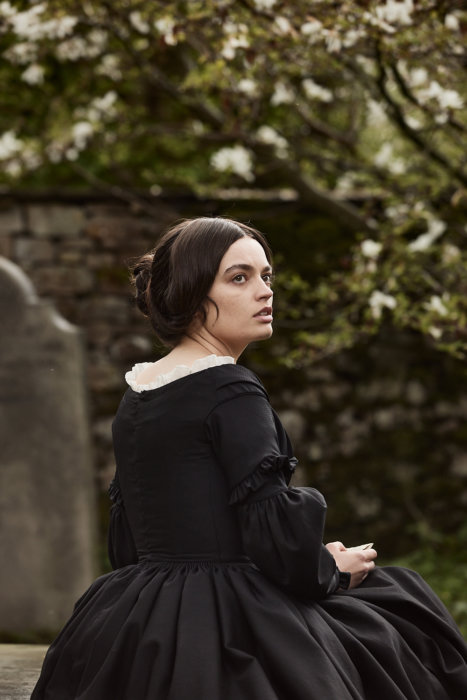
Since Emily has always been a figure in your life, why was now a good time for you to make this film?
I’ve reached a point where I was really enjoying acting, but I wanted more. I’ve always written and I really wanted to tell a story that I felt passionately about. In terms of the themes and it being about finding an authentic voice, I think that’s something that is really pertinent to now in time for a lot of young women with Instagram and all these kind of platforms that are about perfection or idealizing lifestyle. It’s unattainable, and that often can make us feel worse about ourselves.
We’ve seen references back to the Brontë’s work with both Charlotte and Emily and even you just said how timeless their work can be. Why do you think that is?
Because of who they probably really were, which were intelligent, free-thinking kind of women. I think we’ve forgotten that and we just canonize them and put them in with all of the other Victorian authors at that time, but they were different. I think that’s why they still speak to us, because the voices in those books are just so original and true.
From reading/research you’ve done, how would you describe Emily and what traits of hers did you want to come across on screen?
From [what I’ve read] there are small little facts together, this kind of breadcrumb trail of a portrait of who Emily really was. I feel like she was someone who was introverted. I think she did have social anxiety. Some people say that she might have even been on the spectrum, but it’s kind of speculative. She was someone who loved nature and she got sick if she left home, she couldn’t handle being away from her family.
There are a lot of little things, like this great story of Charlotte and Emily going shopping for material for dresses in Bradford, and Emily picked this purple lightning bolt pattern. Everyone was horrified that she was going to make a dress out of it, but apparently, she looked amazing in it — I just thought that was great. So we actually had Michael O’Connor, our costume designer, design a lightning bolt dress for Emily in the center of the story. She wears it a lot of the time, like when she’s taking drugs and rolling down the hill — that’s that dress. Little moments like that help emphasize who she was.
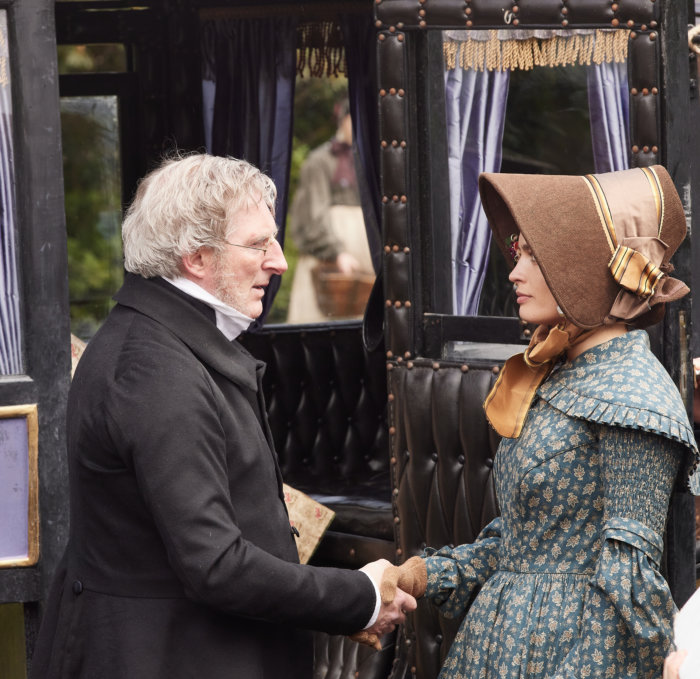
Your directing style also felt very personal, what were you going for with the camera language in “Emily”?
I decided the modus of the film is this gentle handheld camera work. It feels a little bit documented, not documentary, but documented like you are really there. And we’re always focused more on Emily than the other characters in her world while other people are talking. Then in other moments, like the mask scene, we create atmosphere and emotion through the editing, and that’s stuff that we plan very carefully. There are a lot of elements to a sequence like that… I really wanted it to be an emotional experience for the audience.
Lastly, what do you hope this film brings for Emily Brontë fans and also those who are new to her and her work?
I have a very personal relationship to Emily, and I know anyone who really loves Emily also has a personal relationship with her. So there will be some people who go: That’s different from how I see her. I totally respect that. But I really am coming from this position of celebrating who she was and I just hope that they enjoy the film and understand the intention behind it. Then I guess if somebody picks up a copy of “Wuthering Heights” and they’ve never read it before after seeing the film, I think that would be great. All I really wanted to do is to tell a story about Emily that people actually related to.
‘Emily‘ opens in theaters Feb. 17.
